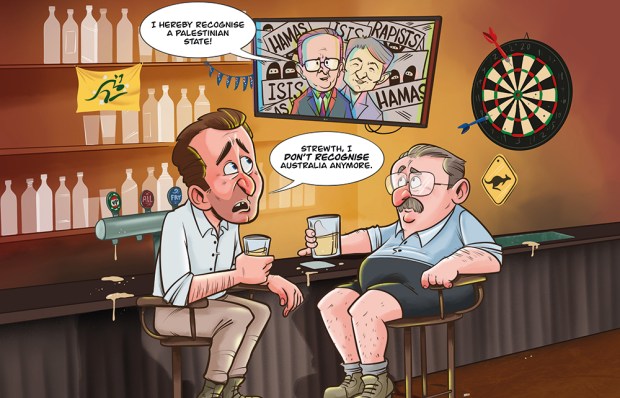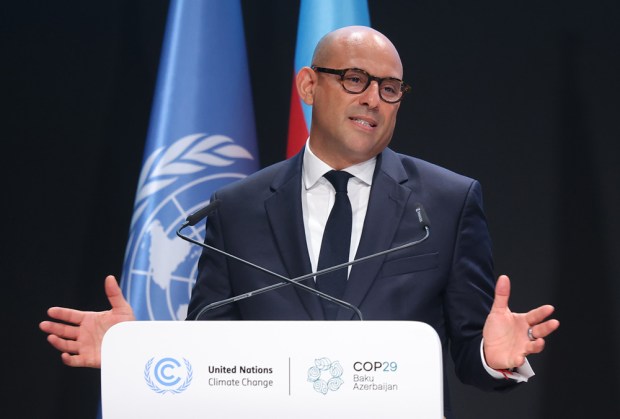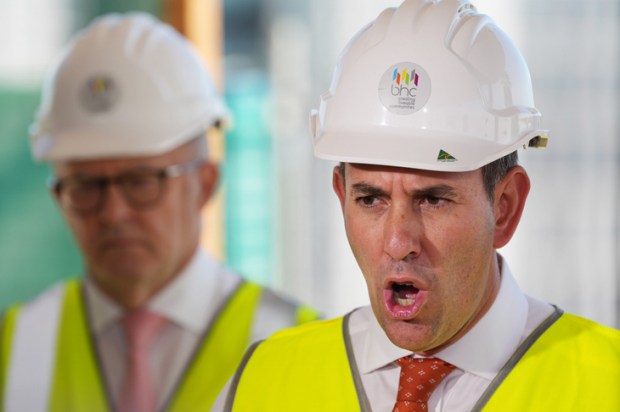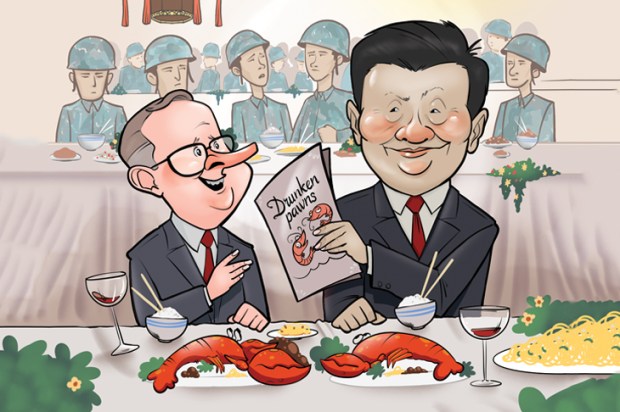This was the week when the stark contrast between the relative talents of the top three individuals in the federal government and the opposition were on proud display for all to see.
Firstly, the two leaders. Tony Abbott’s values were writ large over recent pronouncements: a reliance on the individual, a disdain for the faux politics of ‘compassion’ and a steadfast commitment to national security. Despite the hysteria over his ‘lifestyle choice’ comments, and the disappointing reaction to them from the likes of Noel Pearson and Warren Mundine, the essential truth of what the Prime Minister was prepared to point out cannot be disputed: indigenous Australians in remote areas must choose to participate fully in modern Australia, via education and employment, or they will ultimately be left behind as taxpayers’ pockets are not limitless. That the only counter-arguments were cloaked in the mendacious language of political correctness does not negate the essential truth of Mr Abbott’s observation. Refreshingly, he did not resile from his words when faced with the full wrath of the twittering left. Indeed, it is a hopeful sign that Mr Abbott no longer feels the need to pander to the centre-left; after all, despite some of his supposed centrist actions (such as backflipping on 18C to appease the Muslim community), the soft left still loathe him.
Meanwhile, Bill Shorten, in stark contrast to Mr Abbott’s plain-speaking, struggled to articulate any values whatsoever in an interview with the ABC’s Jon Faine: ‘What I fundamentally believe and I think it was Martin Luther King who said this best, but it’s, I think true then and it’s true now, is everybody is somebody.’
Mr Shorten went on to scrupulously avoid – in this, his supposed ‘year of ideas’ – seriously discussing any policy choices until an exasperated Mr Faine complained: ‘You could promise everything, fundamentally, again and again and again, and I’ve asked you many times, how do you pay for it?’ No answer came.
The two treasurers also laid their wares out on the pavement, appearing together on Q&A. Joe Hockey took an enormous amount of flak – much of it from his own side – for daring to float the proposal to allow first home buyers to access their superannuation. Yet, as he pointed out in Parliament, the idea was originally Paul Keating’s. There is certainly merit in debating the plan; Singapore has a similar scheme.
Chris Bowen, on the other hand, was quick to dismiss the idea whilst floating his own ‘thought bubble’ of taxing multinationals; an idea that everybody agrees with, but, tellingly, Mr Bowen was clueless how to implement; content merely to enjoy the applause.
The scariest contrast, however, lay between the two female foreign ministers. Julie Bishop continues to shine in the role, and made a powerful and widely acclaimed speech to the Institute for Regional Security in which she detailed the threat Isis poses to Australia, likening its evil to the appeal of Hitler. ‘This is a struggle against a malignant idea, a concept, an ideology,’ Ms Bishop said. It is ‘an issue which keeps me awake at night.’
Whereas what keeps her opposite number, Tanya Plibersek, awake at night is self-evidently the poisonous Abbott-hatred endemic among the left. Despite later denials, it’s clear she attempted to blame the impending execution of the Bali drug smugglers on Mr Abbott’s success in stopping the boats. It beggars belief that Ms Plibersek might one day be speaking on our behalf on critical diplomatic issues.
The top three in the government may leave much to be desired. But they easily outshine Labor’s trinity of mediocrity; a leader bereft of values, a woman bereft of common decency and a treasurer bereft of ideas.
Got something to add? Join the discussion and comment below.
You might disagree with half of it, but you’ll enjoy reading all of it. Try your first month for free, then just $2 a week for the remainder of your first year.












